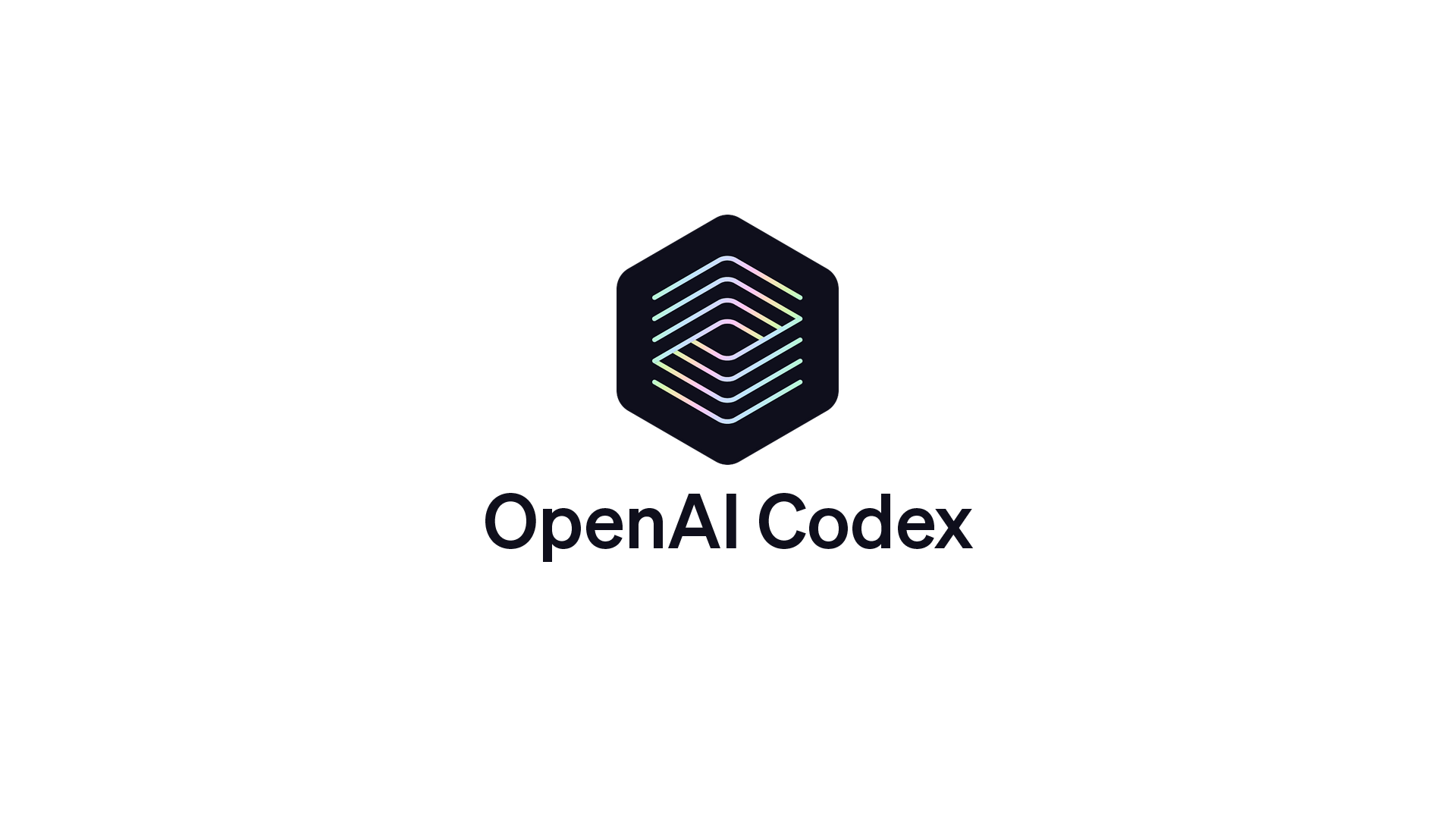
OpenAI Codex represents a leap in human-computer interaction by allowing users to write programs using natural language. The system is capable of understanding and generating code in a variety of programming languages, including Python, JavaScript, Ruby, and more. It can interpret complex commands, explain code snippets, and even fix bugs, making it an invaluable tool for both novice and expert developers.
One of Codex’s primary use cases is GitHub Copilot, a coding assistant integrated into popular Integrated Development Environments (IDEs) like Visual Studio Code. It suggests entire lines or blocks of code as developers write, based on the context of their current project. Codex’s natural language understanding enables it to understand comments or simple instructions in English and turn them into working code, thus significantly speeding up the software development lifecycle.
Key Features:
- Natural Language to Code: Users can describe what they want in plain language, and Codex generates the corresponding code.
- Code Autocompletion: Codex suggests code completions or corrections as users type.
- Code Explanation: Codex can explain complex pieces of code in plain language, helping users understand code better.
- Debugging Assistance: It can help detect and correct bugs by understanding the intent behind code and suggesting fixes.
- Support for Multiple Programming Languages: Codex supports numerous languages, including Python, JavaScript, Java, and C++.
Technologies and Languages Supported:
- Programming Languages: Python, JavaScript, Ruby, Go, PHP, C++, TypeScript, HTML/CSS, and more.
- APIs and Frameworks: Codex can interact with APIs and popular frameworks, providing real-time solutions that integrate external tools.
Impact and Applications:
- Democratizing Coding: Codex is making coding more accessible to people with no prior programming knowledge. This is revolutionary for fields like education, where students can now interact with computers in a more intuitive way.
- Boosting Developer Productivity: Seasoned developers benefit greatly from Codex, as it handles repetitive and boilerplate code, allowing them to focus on more complex and creative tasks. Codex significantly speeds up development by providing context-aware code suggestions, autocompleting code, and debugging efficiently.
- Bridging Communication Gaps: For teams where some members might not be familiar with coding, Codex allows non-technical stakeholders to provide input by simply describing functionality in natural language, which Codex translates into code for developers to implement.
- Revolutionizing Software Development: Codex represents the future of AI-assisted software development, where AI doesn’t just assist but actively contributes to the coding process. This has the potential to reduce the time and cost of software development by automating much of the low-level, repetitive work traditionally done by human programmers.
- Cross-Industry Applications: Codex is expected to have broad applications across industries that rely heavily on custom software development, including finance, healthcare, manufacturing, and education. For example, in healthcare, Codex could help rapidly build custom software for clinical research or patient management.
- Ethical Considerations: While Codex has the potential to transform industries, there are ethical concerns regarding code quality, security, and the displacement of junior developers. OpenAI has acknowledged these issues and is working to develop Codex responsibly, including measures to minimize its misuse.
Key Use Cases:
- GitHub Copilot: Codex is embedded within GitHub’s Copilot, assisting developers by offering real-time coding suggestions.
- Automation in Web Development: Codex can automate tasks like building website layouts or interactive components.
- Data Science and Analysis: Codex can help data scientists write analysis scripts, cleaning data or running machine learning models with ease.
- Game Development: Codex can accelerate game development by writing scripts for in-game logic or behavior in popular game engines like Unity.
Expected Outcomes:
- Faster Development Cycles: Significant reductions in the time it takes to go from concept to fully functioning software.
- Reduced Barriers to Entry: By lowering the skill required to write code, more people from non-technical backgrounds can build and implement their own solutions.
- Increased Collaboration: Codex will enhance collaboration between technical and non-technical teams, bridging the gap between ideation and execution.
Challenges and Future Directions:
- Code Quality and Security: Ensuring that the code generated by Codex is secure and follows best practices is a key challenge, as it might inadvertently introduce vulnerabilities or inefficiencies.
- Ethical Implications: Codex raises questions around the future of software development jobs, particularly for junior-level positions that might be automated. OpenAI is working on providing tools for responsible use, such as transparency features that highlight where Codex-generated code is being used.
- Continual Improvement: Codex’s performance improves as more users interact with it, learning from corrections and feedback to generate higher-quality code in the future.
